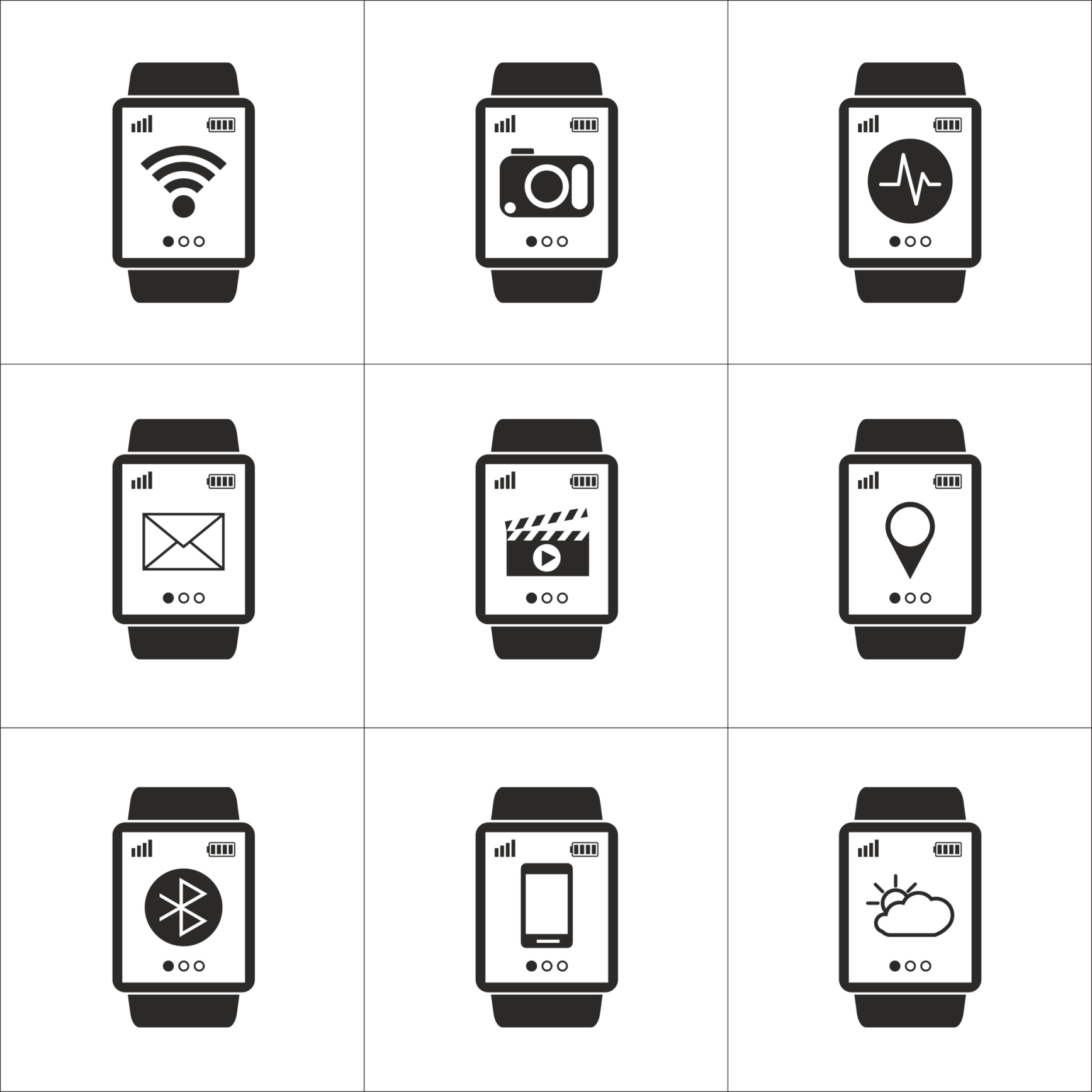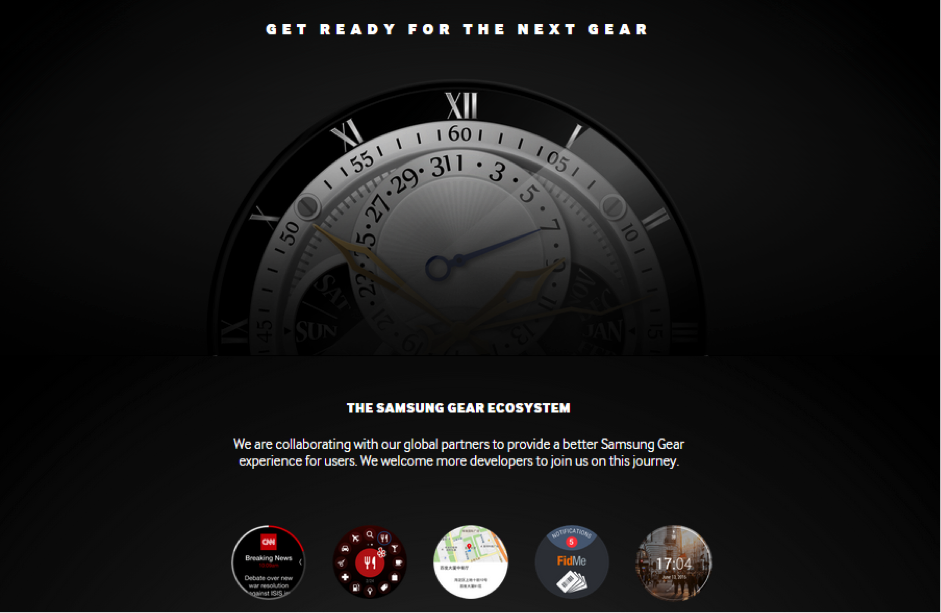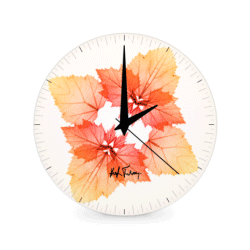
Every time Apple unveils some new creation the whole world seems to stare dumfounded. It matters little what new device they are peddling or what the tech critics say, in the end consumers usually get on board with whatever the Cupertino-based company has to offer. Its latest ‘invention’ is the Apple Watch, a smartwatch that the firm hopes will revolutionize the wearables market.
Despite the enormous expectations surrounding the new Apple device, two of the company’s main rivals, Samsung and Google, are drawing up battle plans against it. The South Korean company and the search giant both have interests in the smartwatch market: the former via its Gear series and the latter via its operating system, Android Wear.
And both have aces up their sleeves: two new SDKs (Software Development Kits) that they hope will get developers working to improve their designs. They are now targeting the only areas where they may be able to beat the Apple Watch: better user interfaces and better applications.
2014 was a great year for wearables manufacturers. According to a report fromSmartWatch Group, a total of 89 companies sold 6.8 million smartwatches in 2014, recording turnover of 1,290 million dollars, representing an increase of 82% against 2013. This is clearly a market yet to be fully explored, with major growth prospects going forward and room for various players to compete.
The chart below shows Samsung’s leading position in the sector, but the arrival of the Apple Watch could change the landscape radically.
The SDK war: Apple vs. the rest
Developers are the foot soldiers in the war now raging in the sector. We know that so far Apple has received strong support from this community: 3,000 applications have already been designed for the Apple Watch, although most still need to be fine-tuned.
Seeking to improve on this front, Apple announced a major maneuver at the last WWDC15 conference in San Francisco: developers will now be able to make native applications for the Apple Watch. With the new watchOS 2, the second version of the smartwatch operating system that is due for release in the autumn, applications will run entirely on the watch and therefore no iPhone will be required.
The biggest problem with non-native applications is that developers are unable to directly compile data from the wearable device’s sensors. This means much slower system performance and limited application functionality.
This new development for the WatchKit, the Apple Watch SDK, means programmers will, for example, be able to:
– Access the microphone to play audio via the smartwatch speaker;
– Improve the screen experience via video files;
– Launch smart home applications via HomeKit;
– Use the accelerometer for fitness applications.
All without fear of the battery offering inadequate performance.
The Samsung SDK and developer prizes
Samsung’s idea is to offer solid support for developers who want to make applications for devices other than the Apple Watch.
Its first big step was to launch an SDK for the new smartwatch in the Gear series. The documentation that comes with the kit reveals some of the features of the forthcoming device and what it offers for developers:
– Programmers will be able to harness a new rotating bezel on the wearable, meaning users can browse the interface and move vertically through applications. Furthermore, the bezel will allow users to zoom in on images, select screen elements, adjust the volume and more.
– The device will have a 1.18 inch round face and will run Tizen, Samsung’s mobile operating system.
– The watch will come with data connection, GPS and a number of sensors, including a gyroscope, heart monitor, accelerometer and pressure sensor. The next Gear device will be able to compile a huge amount of data, which developers can then harness in their application designs.
– It will also feature Bluetooth to connect with other devices and receive notifications.

The second step was the launch of an incentives and prize initiative for developers, in a move aimed at motivating this community to work on their new creation.
– As of April, each week the best applications developed using the Samsung SDK and uploaded to Gear Apps will win a prize of 1,000 euros. These incentives will be run until July 31, 2015 and the winners will be selected by a panel of experts. To get involved developers need only send their contact details and the South Korean firm will provide access to SDK documentation so they can get programming.
– Developers who upload applications to the store will also receive a device on which to test their creations.
Google’s battle plan against Apple
In late April Google announced important updates for smartwatches that run Android Wear. All of the new developments aim to improve the user experience and interface, largely to compete against Samsung and Apple. The developments from the Mountain View-based firm include:
– The software update means Android Wear smartwatches no longer need to be connected to a smartphone via Bluetooth. This gives greater freedom to app developers.
– Wi-Fi support will now be included, meaning users can connect to the internet without smartphones. Wireless networks will also support connections to the device, meaning users will be able to receive notifications, send messages and use applications this way.
– The new interface will provide users with direct access to three major groups of elements: applications first of all, contacts second and thirdly a voice search system. This is the carrousel:

– Android Wear also features gesture control, thus supporting browsing between screens with simple wrist movements.
– Google may also be working on a deal with Apple to allow its wearables to operate with iPhones.
Regardless, the scene is set for a user interface war between three major powers: Samsung, Google and the formidable Apple. Which of the three will win over smartwatch users?
Follow us on @BBVAAPIMarket




























